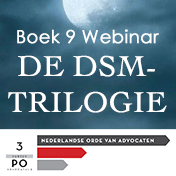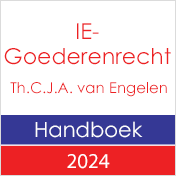
Merkenrecht. Beroep door de houder van het woordmerk ‘GP JOULE’ voor waren en diensten van klassen 6, 9, 19, 36, 37, 39, 40 en 42 tegen de inschrijving van het beeldmerk met woordelement ‘GPTECH’ voor waren van klassen 9 en 42.
Het beroep wordt verworpen. De kamer van beroep heeft geen procedurele fouten gemaakt. De verzoeker heeft te laat zijn bewijs ingediend dat het bestaande merk normaal gebruikt wordt en dat hij recht heeft op het voeren van een oppositieprocedure omdat hij de licentiehouder van het bestaande merk is. De Kamer van Beroep heeft op terechte gronden dit bewijs uitgesloten.
34. Admittedly, it follows from interpreting Rule 20(1) and (2) of Regulation No 2868/95 together that the communication of the opposing party’s observations to the trade mark applicant may show that, at that stage of the proceedings, EUIPO considers that the opposing party has provided proof of ‘the existence, validity and scope of protection of his earlier mark or earlier right, as well as his entitlement to file the opposition’. However, it is common ground that, in the present case, the applicant submitted no observations and no proof within the prescribed period, namely by 10 October 2014. Moreover, while EUIPO could indeed have rejected the opposition directly on expiry of the prescribed period, without taking further steps in the proceedings, in the absence of any evidence whatsoever from the applicant as to its entitlement to file the notice of opposition, the mere fact that the Opposition Division did take further steps in the proceedings does not vitiate the contested decision.
48. With regard to the applicant’s claim that its entitlement to file the notice of opposition clearly followed from the fact its company name was identical to that in the earlier marks on which the opposition is based, suffice it to note, as EUIPO has, that it cannot be inferred from that circumstance that the applicant was entitled to do so. The mere fact that a sign coincides, whether in whole or in part, with the company name of an undertaking may be due to various circumstances in the course of business and clearly cannot replace documentary evidence such as a licence agreement, establishing both its capacity of licensee and the scope of its rights. In that regard, the rights of a licensee may be subject to various restrictions relating, inter alia, to the goods and services covered by the licence at issue, the territory for which the licence was granted and the conditions of authorisation to file an opposition.
T – 235/16 - ECLI:EU:T:2017:413



























































